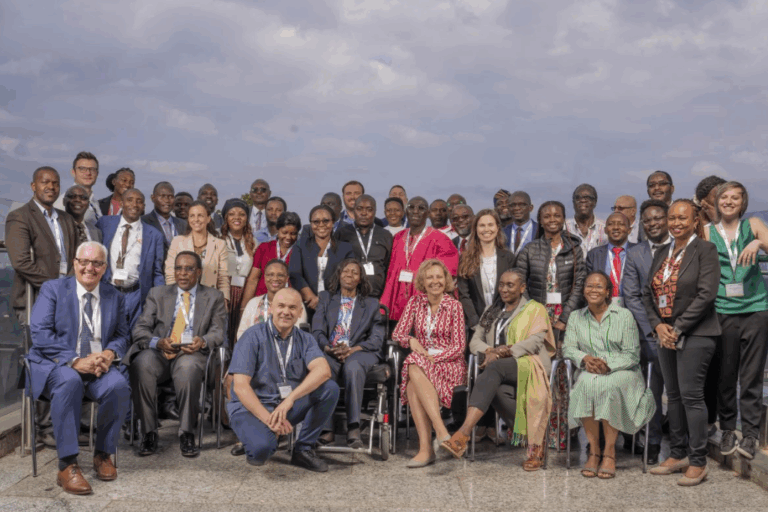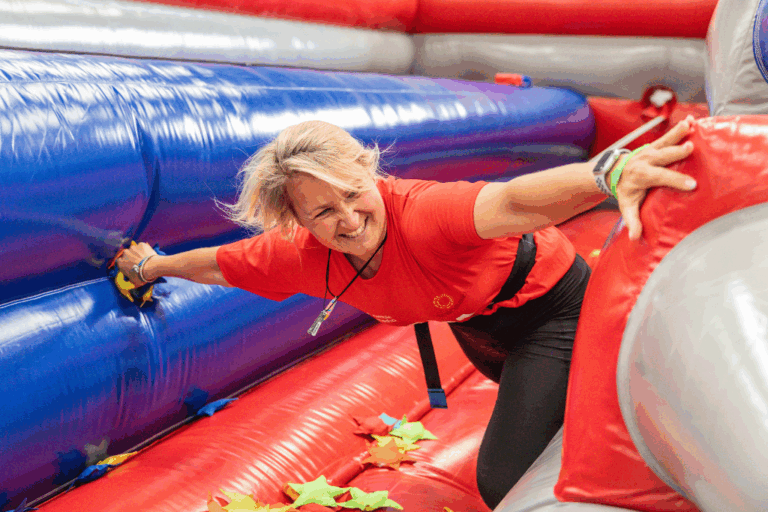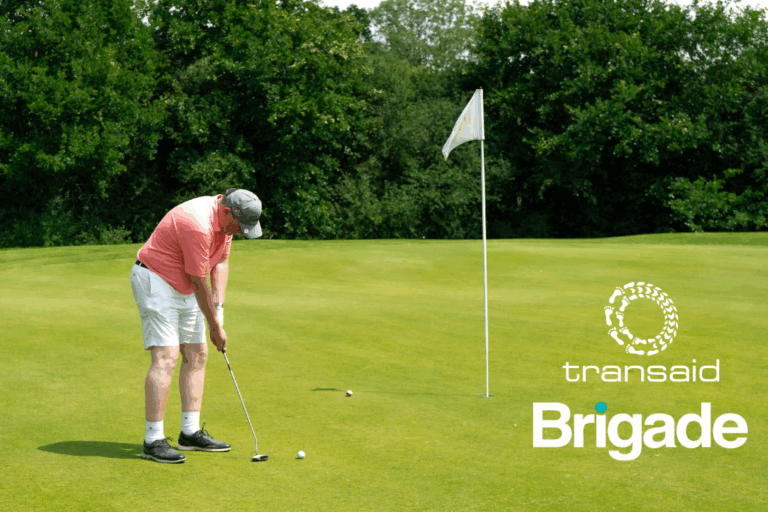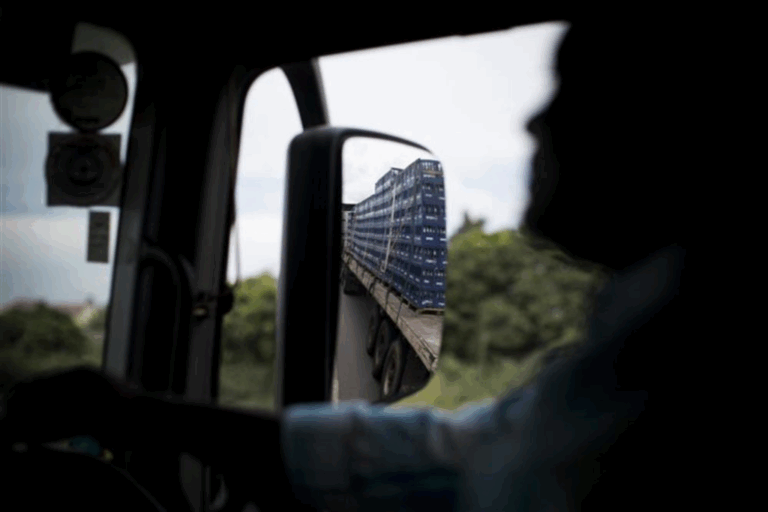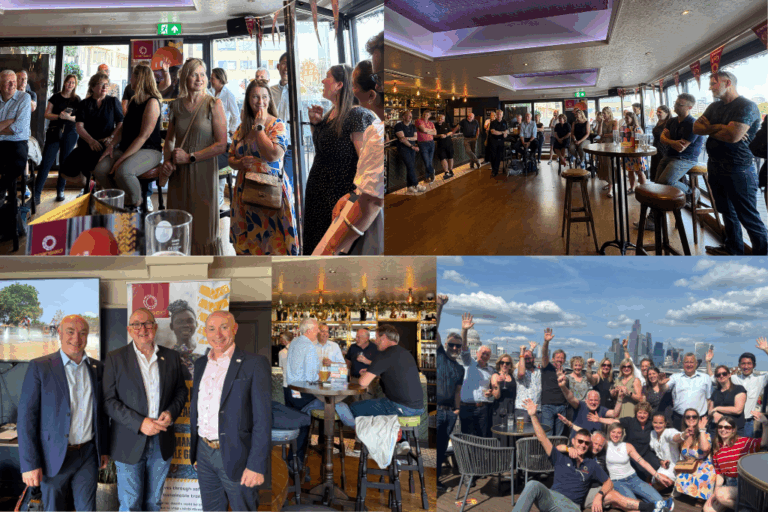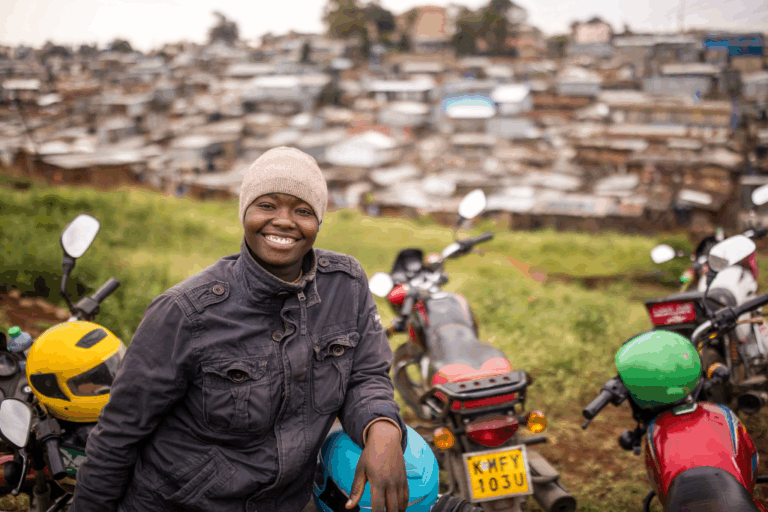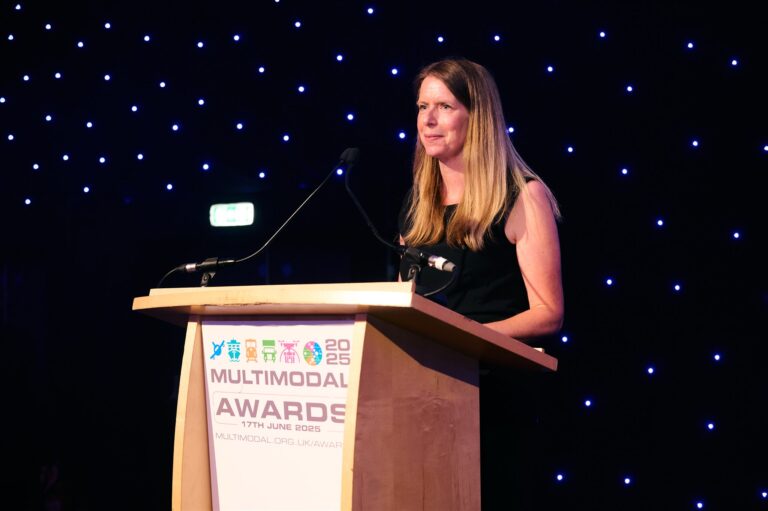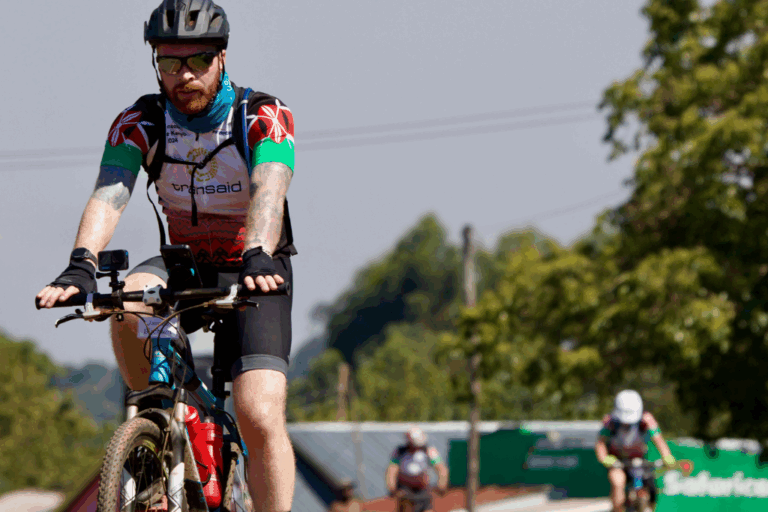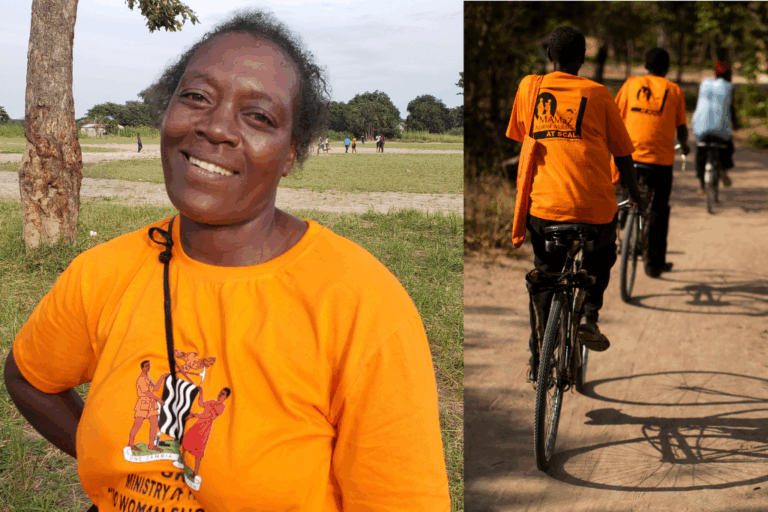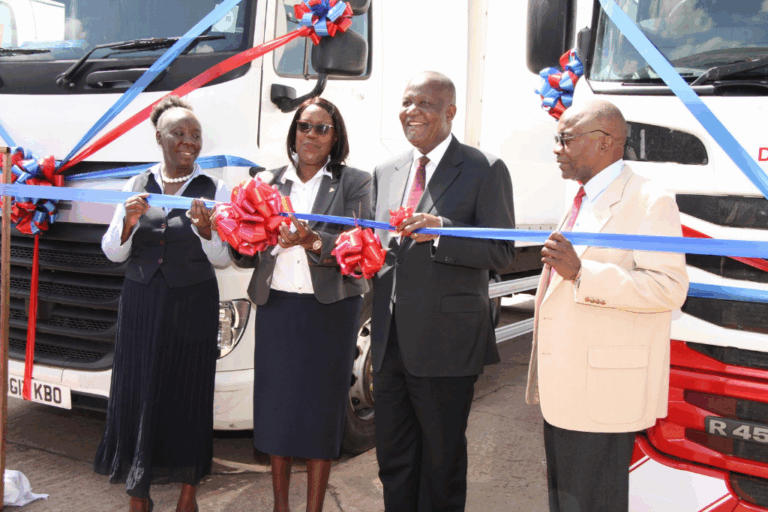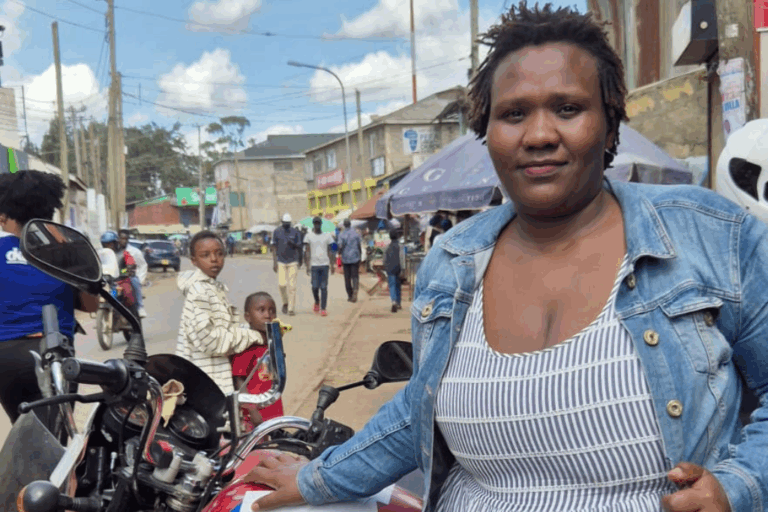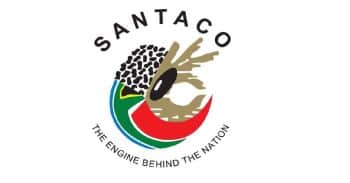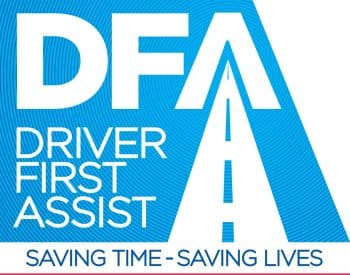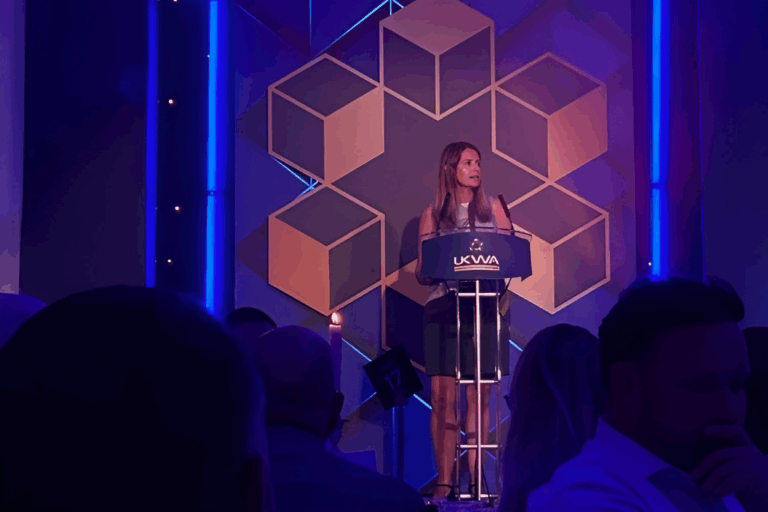
News
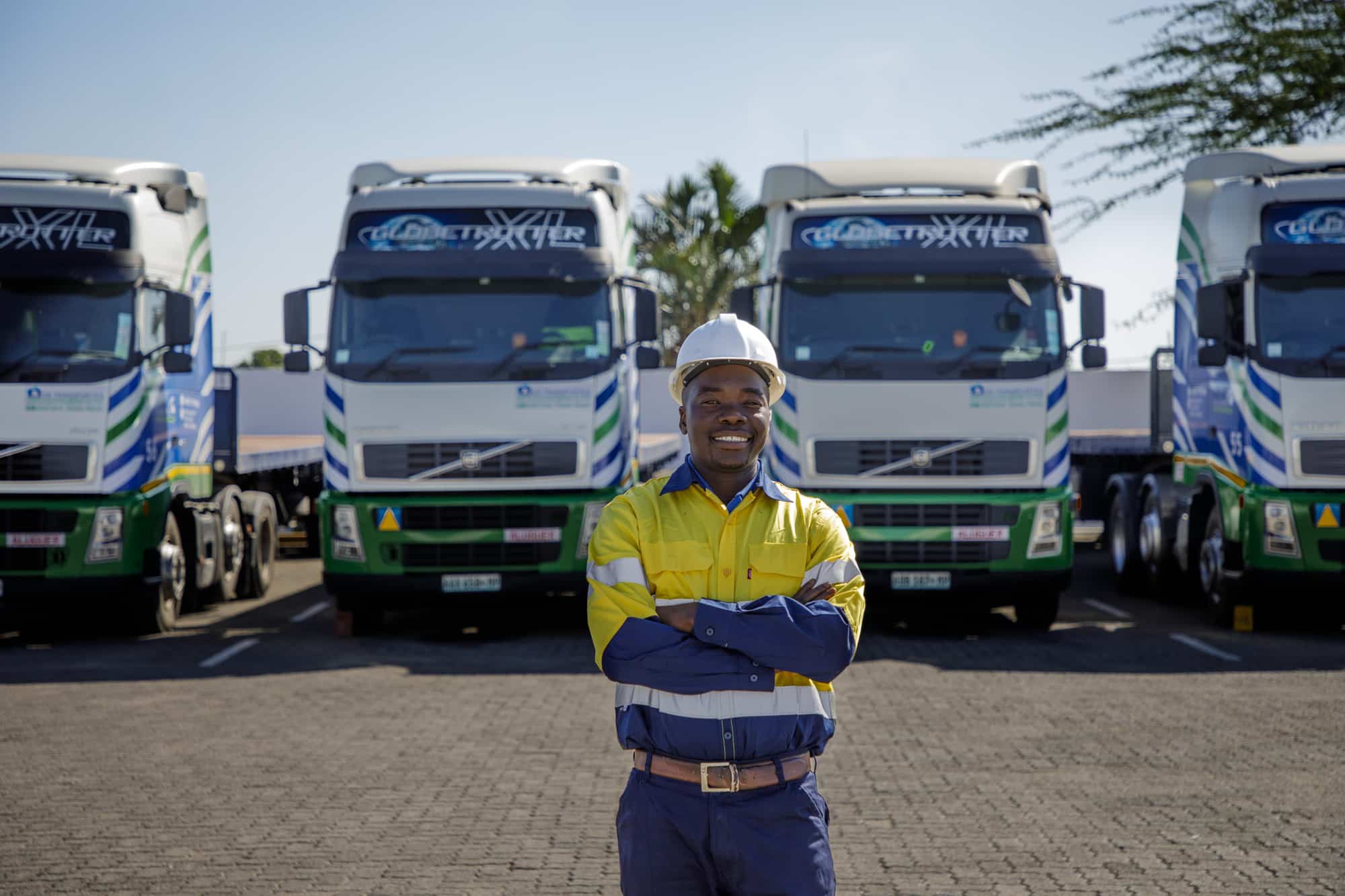
The ultimate challenge: Chris Owens
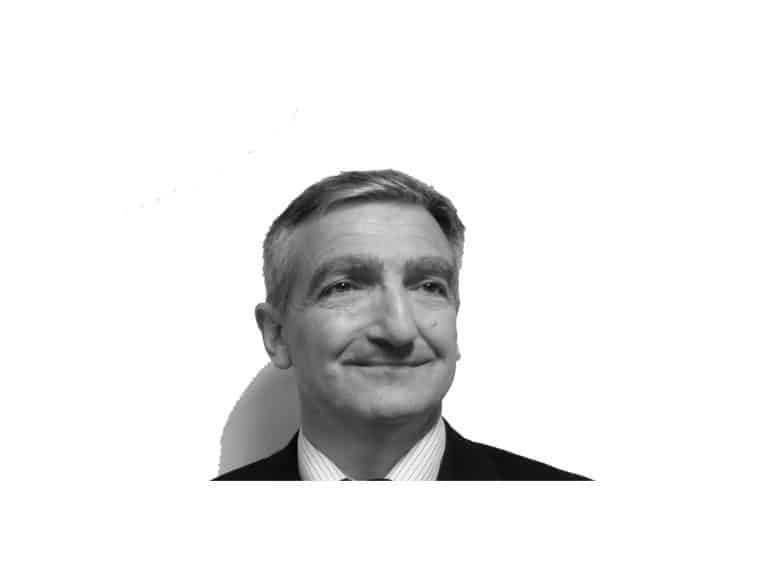
Ambassador Chris Owens on tackling emotions being tougher than cycling. You don’t have to complete cycle challenges to be a Transaid Ambassador, but Alpine director Chris Owens chooses to, the latest being in Tanzania. Here’s his candid interview on how to get through a challenge (tip: don’t scrimp on padded shorts), surprising stories, and why he cares so much about Transaid.
How did you get to where you are today?
We always say in our industry: “It’s the F word – family”. I, like many people in the passenger sector, similar to many within small haulage companies, joined my father upon leaving college in the business that he started back in 1972. I learnt to drive a coach at the age of 18, and then sort of fell into managing the business. Many smaller coach companies are family businesses, sometimes “family” is really successful and sometimes it’s absolutely disastrous. The only other job I’ve had is working behind the union bar at college – which I enjoyed far more!
What’s the best thing about working in the industry?
The people and characters, there are some wonderful people in this industry, with some memorable characters. And the worst thing? The people! You’ve got to be a ‘people person’ to be involved with coaches, it’s all about customer service and personalities.
Why did you become a Transaid Ambassador?
I think of Transaid as being like a little coach company. Here you are in these tiny premises, everyone really busy (a few people doing an awful lot of work) and you create this invaluable link that people forget about. In the coach industry we think of ourselves as the Cinderella industry because nobody wants a coach until the train breaks down, then they moan that they’ve got to get on a coach as rail replacement, but if the coach wasn’t there they’d still be sat on the train. Without transport mothers can’t get to hospital and food withers on the vine, when there’s poor road safety people die. Help/aid has to be sustainable, countries cannot exist on aid alone.
“People in Africa must be given the opportunity to change their lives and the lives of others in the long term – and that’s what Transaid does.”
You completed Transaid’s Cycle Tanzania Challenge 2015 – what was the hardest part of the challenge for you?
Overcoming the emotion of it all. The cycling was cycling. There was a lot of altitude, which added a new dynamic to the cycling and it was a great experience, but I also got to see the reality of where these people are, these little children coming out of these fields of maize carrying a machete and waiting for people to pick them up and take them to work. These are tiny little kiddies that we would take to school and they’re not going to school, they’re going to work.
The hardest physical aspect was the sanitation. Until you leave the comfort of the developed world, you don’t realise how we take for granted fresh flowing water when you turn the tap on, along with clean functioning lavatories. I also had difficulties sleeping in a tent on one night, which looked across the rift valley. We’d ventured to this vantage point high above the valley to watch the sun set and then queued for another luke warm shower. I last camped when I was seven and I really don’t think I’ll be doing it again for another 40+ years!
And the greatest?
My lasting memory is of the people in Tanzania. I’ve already been in touch with a guy from Tanzania who helped organise the challenge because I am keen to return to Tanzania with my wife and do something like Kilimanjaro. I now understand how people involved in charities just fall in love with these places because of the people. Also, everyone who is involved with Transaid, the staff and people supporting it, are all just lovely. You don’t give up your time for something like this unless you’re a nice person.
It’s great to be away from the Internet, not having the mobile phone going off. Out there, you almost want to weep about how people have been corrupted by western trappings. A number of people would stand on the side of the road waiting for a boda boda (motorcycle) with a mobile phone to their ear simply as a status thing. One day I even saw somebody holding a wireless household phone.
Do you have any regrets?
I soon realised that the most important thing was that I hadn’t take clothing to leave behind for local people. Challengers that had been to Africa before took items to leave, I just took what I needed. So I’ve been sorting out and collecting lots of items that I will take with me when I do my next challenge.
What are your essentials for a challenge like this?
The food was great, but I didn’t take any naughty treats. On previous challenges in Europe we’ve had naughty treats and energy bars, but in Africa we didn’t. I mean, why would you take them to Africa as an organiser when they have some of the best tasting food in the world? The trouble was I didn’t have any naughty treats. That said, the food there was one of the highlights. I have never tasted bananas and mangoes that tasted like bananas and mangoes.
“You buy fruit from a supermarket in the UK and you realise how bland it is compared to the guy with the machete stood at the back of the van chopping these bits of fruit up for the feed station. They were just beautiful.”
The one food you missed?
Cadbury’s fruit and nut.
How painful was the challenge?
Well, don’t go to Aldi and buy the cheapest padded shorts you can. If there is one investment you should make it’s really good quality shorts and they’ve got to be really, really tight. Someone went and brought the cheapest loose ones and they really felt it. The idea of these pads is that they shouldn’t shift at all.
Did you learn anything more about Transaid from doing the challenge?
I had a good understanding, but it’s something else to really see what happens and what Transaid is trying to do. For example, one day a lorry stopped and there was a child driving. The kid gets out of the driving seat and put a chock under the back wheel because it’s got no brakes. The photo on the back said “In God we bless”, which I translated as ‘God willing, I’ll get to my destination, I’m carrying so many 1,000 litres of LPG’! Some of the roads were amazing and some of the roads were unbelievably poor. This is a long term education process, you can’t impose something on people. What we’re doing is teaching and demonstrating and hopefully people are learning from our mistakes, so they don’t make them again.
What are your top tips for someone doing a challenge of this size?
Guy Heywood (Commercial Director of Michelin’s truck and bus tyre division) told me that if you really train yourself hard and hurt yourself in training then you’ll get to enjoy the challenge. The people who didn’t really cycle as much beforehand got half the pleasure. To me, the cycling was a doddle, it was challenging but I really enjoyed the ride.
Have you been cycling for a long time?
I started in the January 2013 and did London to Amsterdam, so it’s only been a few years but it’s been great. The people you meet, the experiences. What you do, what you see, absolutely amazing.
Have you noticed an improvement in your health since you started cycling in 2013?
Yes. Every other year I go for a medical. Last time, the consultant said: “Looking at all your stats you’ve got the respiratory and cardio system of a 40-year-old. You’re 48, so that’s great.” Cycling is low impact, the best form of exercise you’ve got. However, you do have to do a few miles, you have to go out for a few hours.
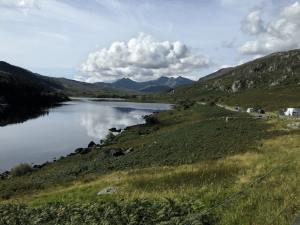
Where do you cycle when you’re at home?
Around Snowdonia, that’s where I live. My company is based in the resort of Llandudno, on the North Wales coast. I’m really fortunate.
For anyone planning on doing Transaid’s South Africa challenge in 2017, what would you say?
Asking people for money isn’t easy (I paid for the core costs myself), so start early, same with training. Look at what it’s going to involve as these are very old mountain bikes, it’s not like riding your carbon bike on a smooth road.
“Do your homework. And sign up as soon as you get an opportunity as its one of the most wonderful experiences of your life.”
Inspired? Sign up for the South Africa challenge with our SA registration pack or find out more about our Ambassadors.
Recent Posts

